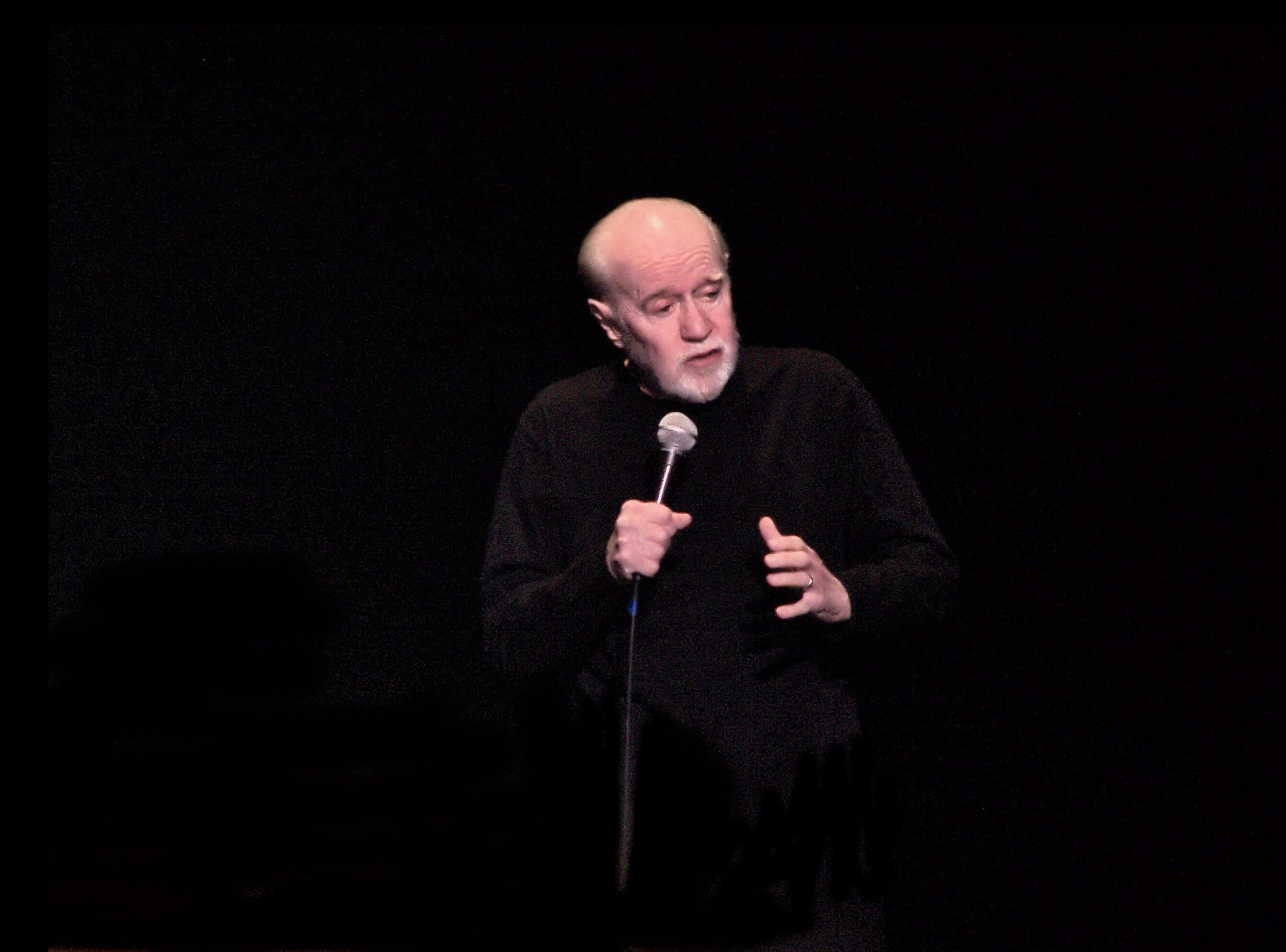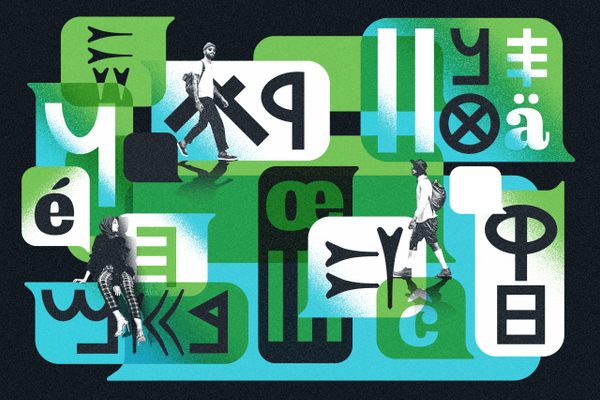Why Americans Are Cursing More Than Ever
Swear more to express yourself as an individual. Everybody’s $#*%! doing it!

Americans are swearing more than ever before. They’re cussing on television, profaning in movies, blaspheming on the streets, and, it turns out, execrating in the written word, too. Those famous “seven words you can never say on television,” as identified by comedian George Carlin in 1972, are being said more and more. But what does this all mean? (And by that, we mean the trend, not the swears themselves.)
A new study by San Diego State University psychologist Jean M. Twenge suggests that this increasing coarseness is not necessarily due to a decline in morals or manners, but rather to the growth of individualism. Her team searched the Google Ngram database to see how the use of Carlin’s “seven words” changed between 1950 and 2008. The result, Twenge said in a release, “is part of a larger cultural trend toward individualism and free expression.”
The seven words are fairly unambiguously off-color. Five have four letters. Three refer to bodily functions. Two describe parts of the female anatomy. One a person who has sex with someone’s mother. Another is a person who gives oral sex to a person with a penis. And one is “tits.”
Of course, there are other curses that didn’t make it onto the list. The researchers picked these seven specifically as a “short yet reasonably comprehensive list of swear words considered taboo in polite society” (at least in 1972). Other lists of taboo words might include “Jesus Christ” or “hell,” which might be appropriate in certain contexts—in a way that a certain four-letter word that rhymes with a ring-shaped German cake would not. In fact, that word, along with two others (for those fluent in advanced “leet speak”: |=(_)(|< and (0(|<5(_)(|<3|2) have been repeatedly identified as the most taboo, including in a recent study of college students.
The results suggest that all seven of these words have become more common in American books since 1950—though among those there are some whose usage has grown more rapidly. In the early 1950s, seeing the word described by Slate as an “Oedipal polysyllable” would have been extremely unusual. But, by the mid-2000s, the word, which is also known as “mammy-jammer” or, more bafflingly, “motorcycle,” appears some 678 times more often. That might be in part because its specificity resists euphemism—Jonathan Green, the author of Green’s Dictionary of Slang, identifies just 65 possible less-offensive replacements for the word he calls the “least permissible.” #*@%, as in “to copulate,” has around 1,750 euphemistic replacements—and it appears just 168 times more often now than in the 1950s. Finally, the dirtiest word on that list (literally)—a float, trout, turd, or poop—emerges 69 times more often. That number isn’t a joke, by the way. Get your mind out of the gutter.
These findings, the researchers say, suggest a notable decline in social taboos, which they equate with increasing individualism. As American culture values individual self-expression more and more, the taboo factor of particular words seems to be diminishing. There’s other evidence to suggest rising individualism in America, too. People are giving their babies more “unique” names, using first-person singular and second-person pronouns more, and using “individualistic” language in conversation, books, and pop songs. All of this, Twenge said, seems characteristic of today’s young people. “Millennials have a ‘come as you are’ philosophy, and this study shows one of the ways they got it: The culture has shifted toward more free self-expression,” she said.
If these words continue to be used—and normalized—they may lose some of their profane impact. If we’re not careful, we might overuse profanity and wear out these words, forcing us to come up with new ones. Worse still, we might have to stop swearing altogether. $#*%!













Follow us on Twitter to get the latest on the world's hidden wonders.
Like us on Facebook to get the latest on the world's hidden wonders.
Follow us on Twitter Like us on Facebook